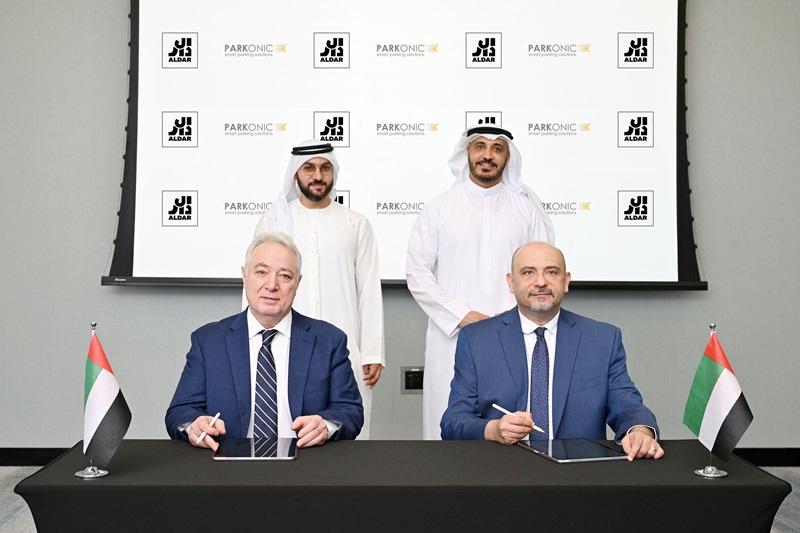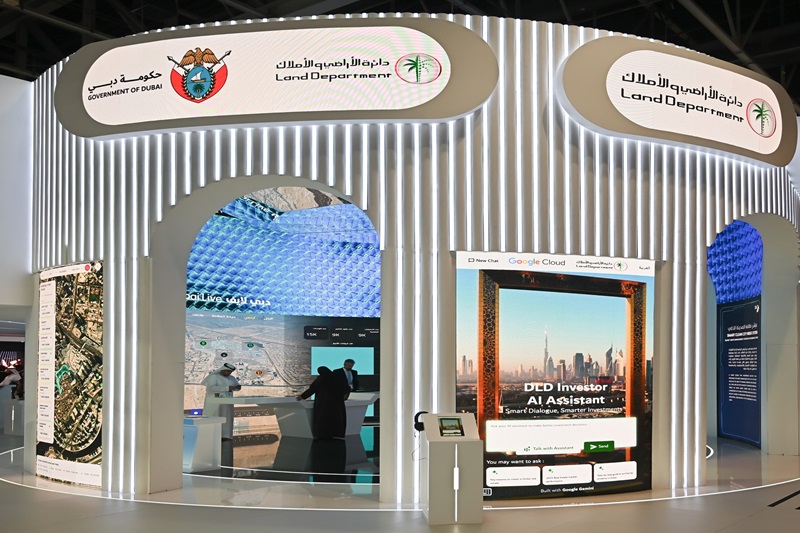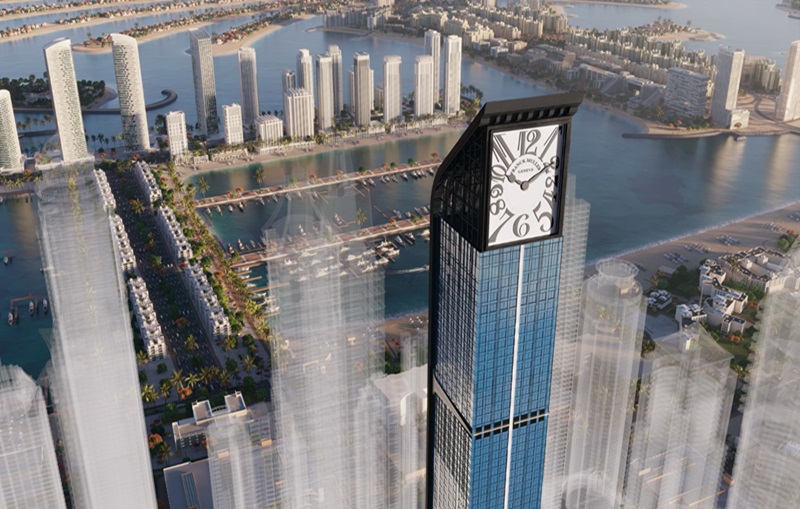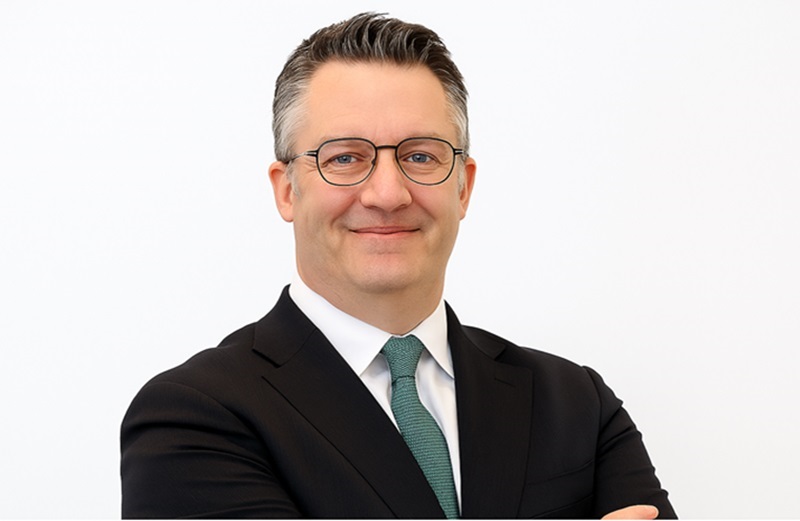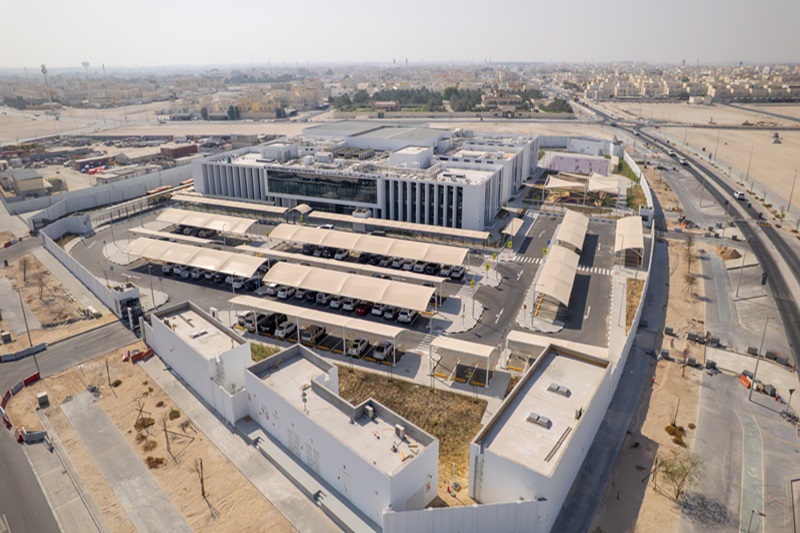
Artificial Intelligence is fast becoming a cornerstone of the global built environment — reshaping how buildings are designed, constructed, managed, and experienced. From daily design tasks to predictive maintenance and sustainability goals, AI is proving to be not just an operational tool but a strategic asset for the future of cities and communities.
Recent studies highlight the growing adoption of AI among professionals in the design and planning sector worldwide.
On a global scale, 36% of design and planning professionals use AI tools daily, while 31% use AI “every few days”, and a vast majority (85%) express excitement about the use of AI for the built environment. Only about 8% of respondents view AI as a risk to their jobs — an encouraging indicator that AI is increasingly seen as an enabler rather than a threat.
These figures are supported by the 46th Annual Deltek Clarity Architecture and Engineering Industry Study, which surveyed nearly 700 architecture and engineering firms across the U.S. and Canada. The report found that 53% of firms are leveraging AI tools, up from 38% in 2024 — clear evidence of momentum in digital adoption.
Both studies point to similar top applications for AI in the sector: design modeling, scenario planning, data analysis, and business development tasks such as proposal creation and marketing content. On the design side, AI is driving concept generation, conceptual development, and detailed design analysis. Other advanced applications include machine learning–based analytics, predictive maintenance, and large-scale simulations to tackle complex projects.
As the authors of the Arup report wrote: “[Respondents] reported using these AI-powered solutions for work including decision making and scenario planning, project management, design work, and enhancing sustainability and energy efficiency.”
Importantly, industry leaders are emphasizing that AI is enhancing — not replacing — jobs. The Deltek report notes: “While nearly one-third (32%) of AEC firms surveyed see ‘reduced overhead costs’ as a key benefit of AI adoption, most firms do not expect AI to reduce headcount, reinforcing the view of AI as an enhancement rather than a replacement.”
A Regional Benchmark for Responsible Innovation
AI is not just a global trend — it’s also a regional priority, particularly in the UAE.
.jpg)
On AI Appreciation Day, Naji Atallah, Head of Construction and Manufacturing for EMEA Emerging at Autodesk, highlighted how the UAE is setting global benchmarks for responsible innovation:
“As AI continues to reshape industries and societies worldwide, the UAE has emerged as a global benchmark for responsible innovation. Its AI Strategy 2031, pioneering AI university, and recent guidelines for generative AI reflect a commitment not only to accelerating progress but also to doing so ethically, inclusively, and securely.
At Autodesk, we view AI as a force to help design and make a better, more sustainable world, and we share the UAE’s ambition to harness this technology responsibly. Across architecture, construction, and manufacturing, AI is already transforming how we work: from predicting flood risks in urban planning to rapidly assessing carbon impact during early-stage design.
But just as the UAE’s leadership recognises, trust must be at the centre of AI’s deployment. That’s why Autodesk has built a rigorous Trusted AI framework to ensure our technology is transparent, secure, and aligned with the highest standards of ethics and data governance. We are also actively working to measure and reduce the environmental impact of our AI solutions, because sustainability must be embedded in innovation.
This AI Appreciation Day, we celebrate not only what AI makes possible, but how we, together with our customers and partners in the UAE, can use it to shape a resilient, equitable, and sustainable future.”
AI’s Expanding Role in the Built Environment
The practical impact of AI on commercial real estate (CRE) and the wider built environment is also being explored by industry leaders and investors alike. At a recent JLL Forum, the theme of empowering people with technology resonated strongly with attendees.
Sonia El-Sherif, Chief of Staff at JLL Spark, led a dynamic conversation with Jeevan Kalanithi, Founder and CEO of OpenSpace, Maryana Saenko, Founder and Partner at Future Ventures, and Yao Morin, Chief Technology Officer at JLL.
The panel discussed how AI is transforming the future of work and the built environment — from portfolio analysis and workflow tracking to smarter returns to office planning and cost savings.
Morin emphasized the critical role AI plays in unlocking the potential of big data:
“It has always been a very big challenge to extract information in an effective and scalable way. Data is being unlocked and can be used effectively now. This is going to benefit the entire CRE industry.”
Kalanithi added that while technology has struggled to fully grasp the physical world, the merging of sensors and AI is bridging this gap:
“Technology has a pretty bad understanding of what's going on in the physical reality, because it can't sense it. And even if it could, it can't organize it…. There are huge opportunities for the advent of the confluence of sensors and being able to actually organize that information so people can process it into answering questions that people want answers to – which is going to lead to better transparency and accountability because you can build on that. It’s very exciting.”
Looking Ahead
Whether through predictive urban planning, AI-powered design tools, or real-time data analytics for asset management, the built environment is being reshaped at an unprecedented pace. The message from global experts is clear: AI is not here to take jobs away — it is here to make cities and buildings smarter, more sustainable, and more human-centric than ever before.
As the UAE and forward-looking companies continue to lead the way in responsible AI adoption, the industry’s future will depend not only on technological breakthroughs but on ethical deployment, trust, and collaboration — ensuring that the built world of tomorrow is resilient, inclusive, and ready for what’s next.
AI Appreciation Day Artificial Intelligence design architecture Autodesk JLL






.jpg)
.jpg)
